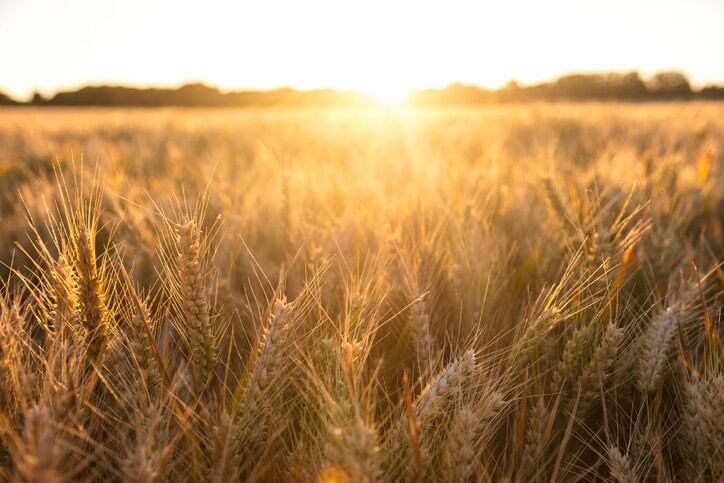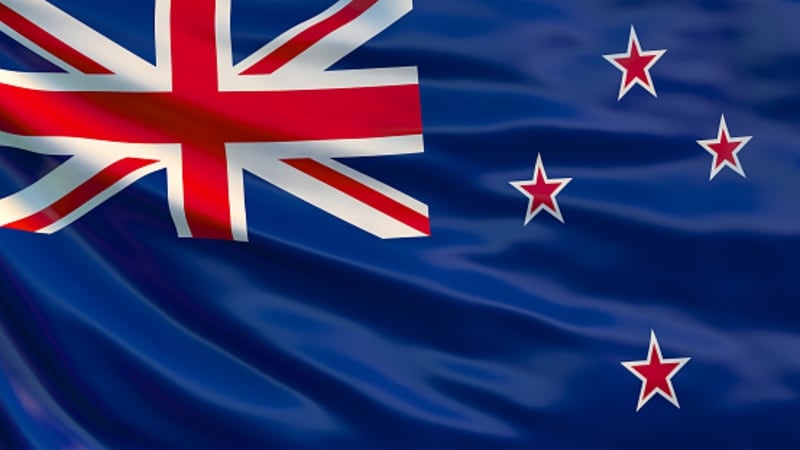Last week China halted imports from four major Australian beef suppliers, which are thought to be responsible for 35% of its US$1.1bn annual beef exports to China, in what officials in Canberra insisted was for minor technical breaches dating back more than a year.
However, the move was widely seen as China coming good on in threats to take action after Australian PM Scott Morrison angered the Chinese by calling for a full investigation into the COVID-19 outbreak.
An yesterday Beijing sets its sights on barley exports, slapping an 85% tariff on Australian products, arguing that the measure were to protect domestic producers.
Chinese trade officials said in a statement: “The investigating authority has ruled that there was dumping of imported barley from Australia and the domestic industry suffered substantial damage.”
Australian trade minister Simon Birmingham said he was considering appealing against the move, which will hit almost half of the country’s barley exports and undoubtedly price farmers out of the China market.
Reasonable and sensible
The latest tariffs came into force just hours after 110 countries voted for a motion that was co-sponsored by Australia for an independent international investigation at the World Health Assembly.
PM Scott Morrison has consistently argued that an investigation into the outbreak was “entirely reasonable and sensible” to understand how it occurred in order to prevent it from happening again.
However, Chinese officials quickly hit back, arguing the an assessment of the global response should be the priority.
At $200bn, China is Australia’s biggest trading partner, dwarfing the combined figure of $150bn from the US and Japan, which are second and third.
There is now concern that wine, sheep and beef could be the next in line to receive additional levies, despite the fact the two countries signed an 'historic' free-trade agreement in 2015.
Our sister title NutraIngredients-Asia recently published an in-dept assessment of the risks to Australia’s booming supplements exports stemming from the diplomatic dispute.





